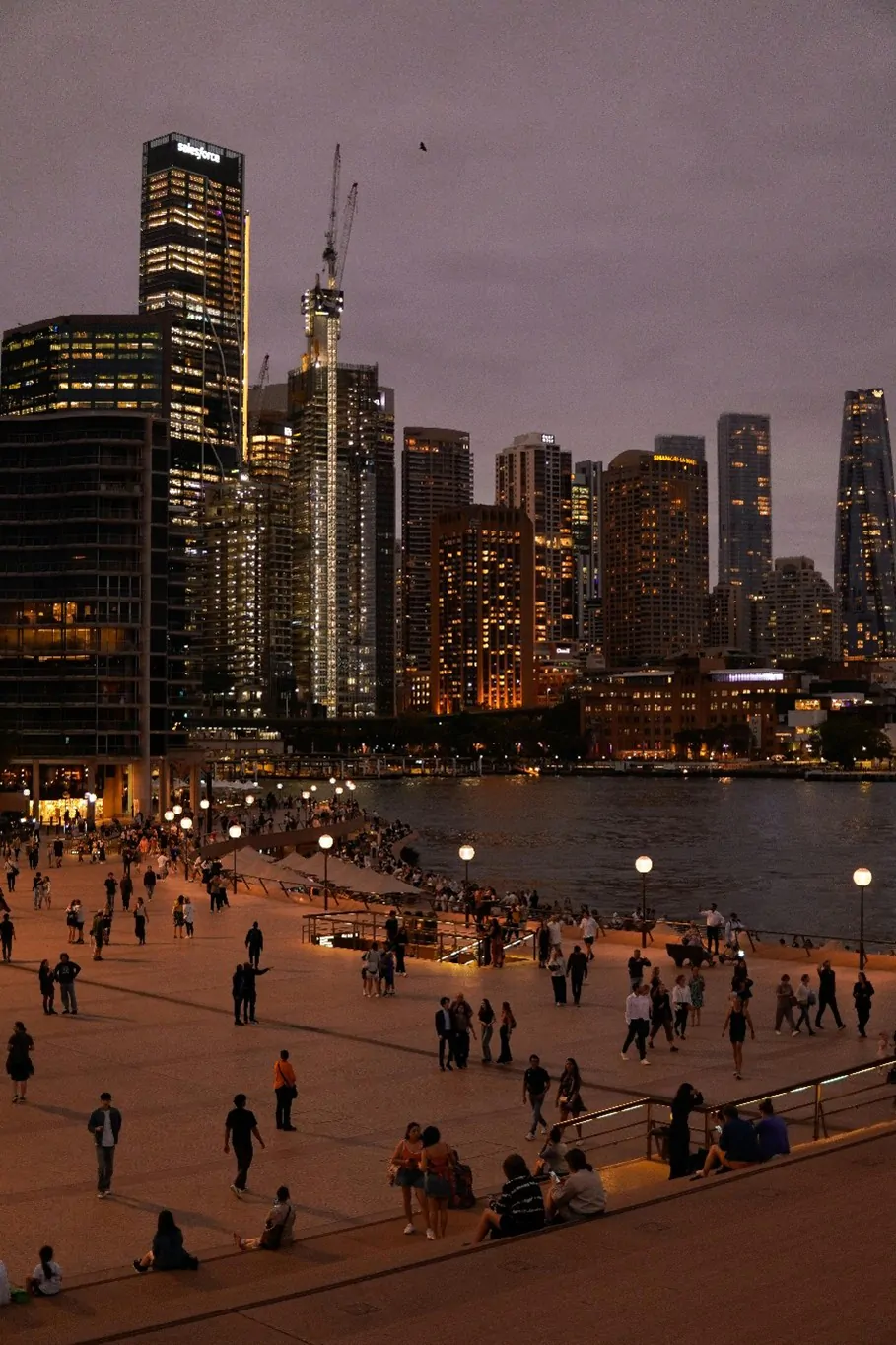

With another election looming, I’m already hearing the same question from clients and friends: Should I wait until after the election to buy?
For whatever reason, many people believe elections negatively impact the property market. But when you dig into the data, it’s clear that elections rarely matter as much as people think.
Elections vs. Property Prices: What the Data Says
Domain recently analyzed the past seven federal elections and found that neither major political party significantly outperforms the other when it comes to driving property price growth.
In short, elections don’t create major shifts in property values. The market moves based on bigger factors—interest rates, supply and demand, affordability, and migration trends—not which party is in power.
What Actually Happens on Election Day?
One of the most interesting trends happens on election day itself. Auction numbers typically drop by around 50% because sellers are hesitant to list, thinking buyers will be distracted by the vote.
But for those who do sell, the results are often better. Domain’s data shows that auctions held on election day have a higher clearance rate (60.4%) than those held the week before (59.5%) or after (59.8%).
In other words, less competition can work in a buyer’s favor.
The Biggest Risk: Waiting for the “Perfect Time”
The most successful investors and homebuyers don’t let elections—or any other short-term event—dictate their strategy.
Over the past few years, the people who have grown their portfolios weren’t the ones trying to time the market. They were the ones who understood that opportunities exist in every phase of the cycle—as long as you know where to look.
It’s why we always come back to the fundamentals:
These are the indicators that actually move property prices—not election results.
Different Markets, Different Opportunities
Right now, different cities are moving at different speeds:
These trends won’t suddenly change based on which party wins the election.
If you’ve been holding off on buying because of election uncertainty, it might be time to shift your perspective. Instead of asking, “What will the election do to the market?” ask yourself:
“What’s my strategy, and what am I waiting for?”
Because if history tells us anything, it’s that short-term noise rarely impacts long-term results in property. In fact, short-term uncertainty often creates some of the best opportunities to buy.